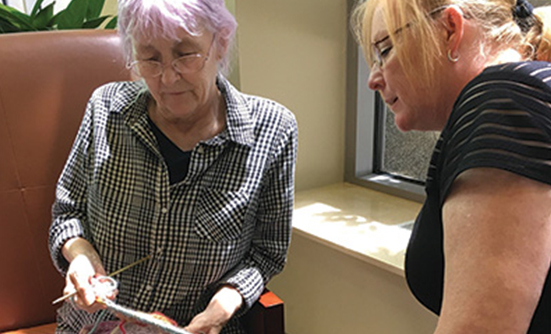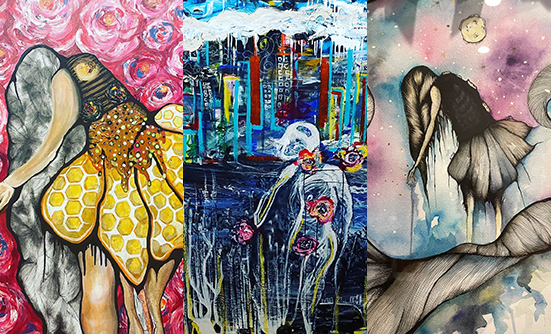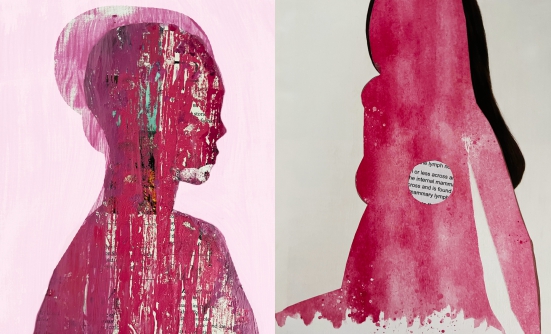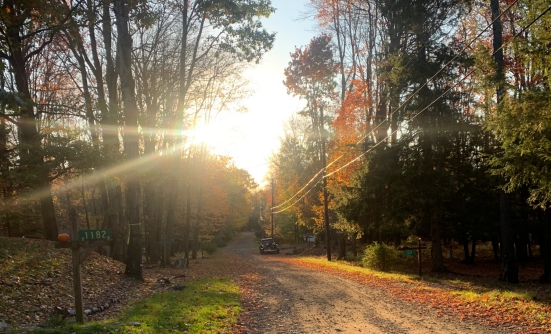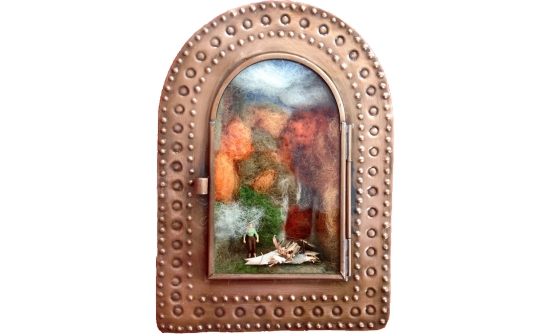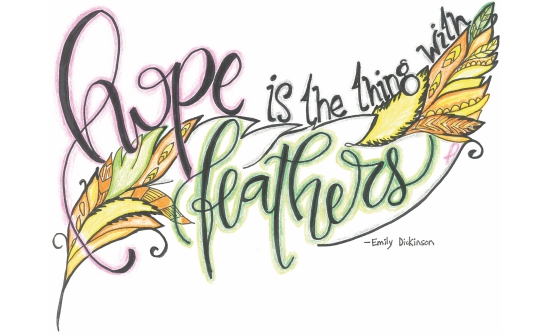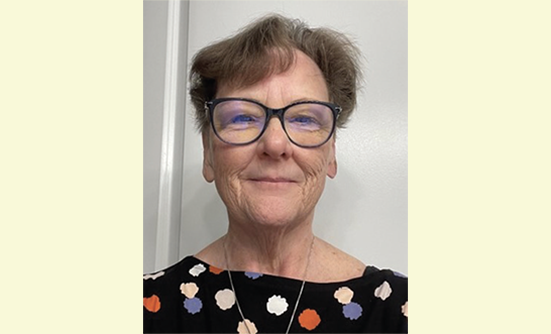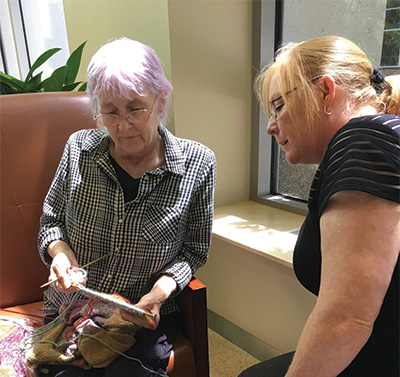
Humans have been knitting for thousands of years, first as a necessity for clothing and warmth, then as a hobby and art form. With increasing recognition of the health benefits of fiber art, many cancer institutions today host knitting and crochet groups for patients and care partners, as well as for any community members who desire to create items for patients, such as chemo caps and blankets.
Knitting and crochet communities—in person and online—provide instruction, support, and fellowship. How can 2 sticks and a ball of yarn benefit cancer survivors? Although current research is sparse, many organizations are committed to exploring the health benefits of this activity, for patients with cancer and survivors, and for those with other health conditions.
Knitting for Health
Betsan Corkhill is a leader in the knitting-for-health movement. As the author of Knit for Health & Wellness: How to Knit a Flexible Mind & More, she provides a step-by-step roadmap for using knitting to improve emotional health (www.betsan.org).1 Trained as a physiotherapist in London, England, she yearned to get back to the essence of “hands-on” caring, treating the whole person instead of just body parts such as knees, hips, and back.
Betsan gave up her practice as a physiotherapist in 2002 to investigate the world of neuroscience, pain, mental illness, well-being and knitting. She has since emerged as a leader in the world of knitting for health. Much of what she shares are simple steps, but her approach to using knitting as a means to “being well” yields powerful results in many areas of healthcare.
Project Knitwell
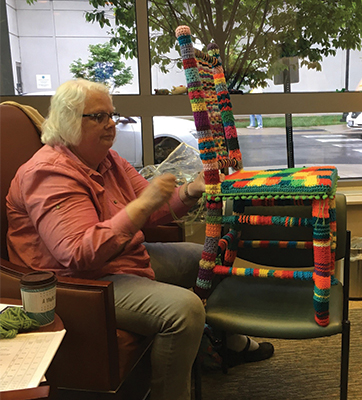
Another leader of knitting for health in the United States is Project Knitwell. A mother spent countless hours in the hospital while her infant was receiving care. She received a handknit sweater for her daughter and renewed her own interest in knitting. Knitting provided a welcome distraction from the physically and emotionally draining experience of sitting in the hospital with her baby.
Project Knitwell developed as a nonprofit organization that provides knitting instruction and supplies to patients and to care partners in healthcare and in other settings. Reported benefits include reduced stress and anxiety and a welcome diversion to hospitalization. Some participants also enjoy creating a project in honor of a loved one, while counting away hours of waiting in hospital settings.
Many cancer institutions now host knitting and crochet circles. Often facilitated by volunteers, participants may be patients, care partners, and staff. Typically, no previous experience is necessary, as instructors help newcomers with basic knitting skills to start a simple project. Although some participants may knit while in the privacy of their hospital room or in the infusion suite, others regularly meet as a group to enjoy the friendship and support, while creating fiber art.
How are cancer survivors benefiting from knitting and crochet?
The Health Benefits
The research is still in its infancy in this area, but many patients report that knitting has been helpful for many of the side effects associated with cancer and cancer treatment.
Patients report that knitting helps with the tingling and numbness in their hands, called “neuropathy, that is a common side effect of chemotherapy. Keeping the fingers moving may also help to relieve joint pain caused by certain medications.
Furthermore, many patients say that knitting has helped them to reduce the troublesome symptoms of “chemo brain,” such as memory loss and word-finding difficulties. Patients and caregivers also report reduced levels of anxiety, depression, and isolation while participating in knitting and crochet circles.
“I enjoy knitting circle, because it gives me a chance to forget about cancer and be with ladies that I consider family. We work on knitting projects that benefit people with cancer and also enjoy teaching others how to knit and crochet,” said Debra, a cancer survivor.
“I found a wealth of cancer knowledge and great advice coming to the knitting circle, as well as support for what we are all dealing with. Extremely intelligent, courageous ladies with the comfort of the yarn texture and fun knitting ideas to keep our hands and hearts busy. It has helped ward off neuropathy problems in my hands which I am very grateful for,” said Geri, also a cancer survivor.
Staff also enjoy the healthy benefits of knitting. A study published in 2016 in the Clinical Journal of Oncology Nursing evaluated the effects of knitting on “compassion fatigue” in oncology nurses.2 Nurses were supported by volunteers from Project Knitwell and used knitting as a way to de-stress during work breaks, and shared experiences with their peers during group meetings. As one nurse reflected, “I really enjoyed the soothing rhythm of knitting and creating something useful.”2
Join or Start a Knitting or Crochet Group
Check to see if your community has any existing knitting and crochet groups. Local knitting guilds and the online community www.Ravelry.com are great places to start.
Ask at your local hospital and local yarn shop if there is a group meeting, and if not, start to gather 2 or 3 interested folks to initiate a local group.
Many hospital-based groups are supported by volunteers with knitting and crochet experience, and often receive materials—yarn and needles—via donations from churches, yarn shops, and other community groups.
Your hospital may be willing to provide a centralized meeting place. All that is required is a well-lit space to meet and a few chairs. Having a regularly scheduled weekly meeting time helps those who are just beginning, knowing that they could come back for more instruction and support. Over time, friendships are forged, and projects are made and shared.
Charity Project
Some knitting and crochet groups decide to embark on charity knitting projects. There are several organizations that collect donations of hats, blankets, clothing, and knitted toys to distribute to those in need.
Knitted Knockers collects hand-knit breast prosthetics for women who have undergone mastectomy and would like a soft, washable prosthesis.
Although more research is necessary to determine the exact benefits of knitting and crochet on health, certainly the growth of this activity as a hobby supports the premise that something good is happening in the area of fiber arts. Patients, caregivers, and staff all enjoy and benefit from this creative endeavor.
Key Points
- Many cancer institutions host knitting and crochet circles
- Knitting may help to reduce neuropathy, which is a common side effect of chemotherapy
- Keeping the fingers moving may also help to relieve joint pain from medications
- Knitting may help patients reduce the symptoms of “chemo brain,” such as memory loss and word-finding difficulties
References
- Corkhill B. Knit for Health & Wellness: how to knit a flexible mind & more. 2014. FlatBear Publishing: Bath, United Kingdom.
- Anderson LW, Gustavson CU. The impact of a knitting intervention on compassion fatigue in oncology nurses. Clinical Journal of Oncology Nursing. 2016;20(1):102-104.
Patient Resources
Knitted Knockers
www.knittedknockers.org
Project Knitwell
www.projectknitwell.org
Ravelry
www.ravelry.com
Stitchlinks
www.stitchlinks.com





